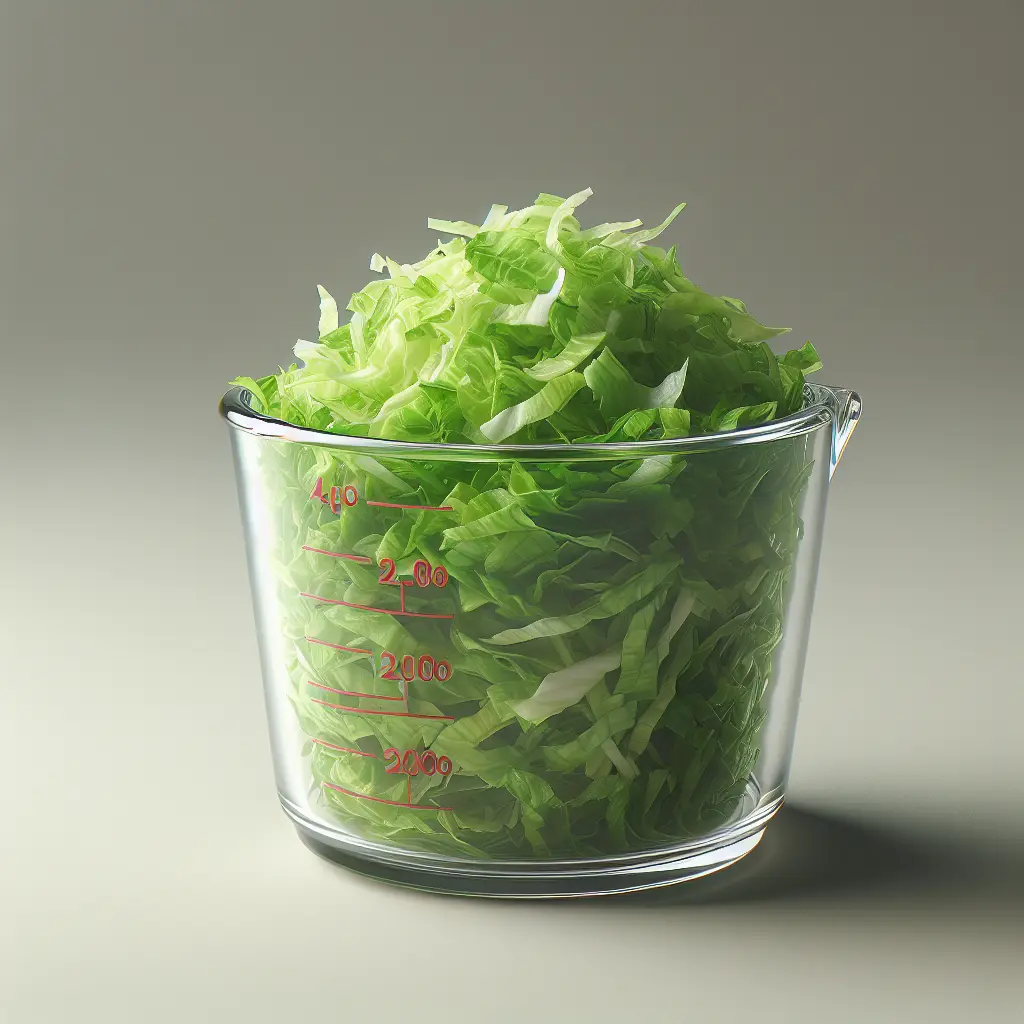Lettuce: The Leafy Green Superfood
Lettuce is a member of the daisy family, and is one of the oldest cultivated vegetables in the world. It is believed to have originated in the Mediterranean region, and was brought to North America by European settlers in the 16th century.
Today, lettuce is grown all over the world, and there are many different varieties available. Some of the most popular varieties include iceberg lettuce, romaine lettuce, and butterhead lettuce.
Lettuce is a low-calorie, nutrient-rich vegetable that is a staple in many salads and other dishes. It is an excellent source of vitamins, minerals, and antioxidants, and has been linked to a number of health benefits, including reduced risk of heart disease, stroke, and cancer.
Nutritional Value of Lettuce
Lettuce is a low-calorie vegetable, with only 16 calories per 2 cups shredded. It is also a good source of several vitamins and minerals, including:
- Vitamin K: Lettuce is an excellent source of vitamin K, which is essential for blood clotting and bone health.
- Vitamin C: Lettuce is a good source of vitamin C, which is an antioxidant that helps protect cells from damage.
- Folate: Lettuce is a good source of folate, which is important for cell growth and development.
- Potassium: Lettuce is a good source of potassium, which is an essential mineral for maintaining blood pressure and heart health.
Health Benefits of Lettuce
Lettuce has been linked to a number of health benefits, including:
- Reduced risk of heart disease: Lettuce is a good source of fiber, which can help lower cholesterol levels and reduce the risk of heart disease.
- Reduced risk of stroke: Lettuce is a good source of potassium, which can help lower blood pressure and reduce the risk of stroke.
- Reduced risk of cancer: Lettuce is a good source of antioxidants, which can help protect cells from damage and reduce the risk of cancer.
How to Add More Lettuce to Your Diet
Lettuce is a versatile vegetable that can be added to a variety of dishes. Here are a few tips for adding more lettuce to your diet:
- Add lettuce to your salads. Lettuce is a great base for salads, and can be combined with a variety of other vegetables, fruits, and proteins.
- Use lettuce as a wrap. Lettuce can be used as a wrap for sandwiches, tacos, and other dishes.
- Add lettuce to your soups and stews. Lettuce can add a fresh, crunchy texture to soups and stews.
- Sauté lettuce. Sautéed lettuce is a delicious side dish that can be served with a variety of main courses.
Conclusion
Lettuce is a healthy and versatile vegetable that can be added to a variety of dishes. It is a good source of vitamins, minerals, and antioxidants, and has been linked to a number of health benefits. So next time you're looking for a healthy and delicious way to add more vegetables to your diet, reach for lettuce.
How many calories are in Lettuces?
Each 2 cups shredded of Lettuces contains 16 calories.
Lettuces Nutritional Information
| Nutrient | Amount per 2 cups shredded (94g) |
|---|---|
| Calories | 16 Calories |
| Protein | 1.2g |
| Fat | 0.3g |
| Saturated Fat | 0g |
| Cholesterol | 0mg |
| Carbohydrates | 3.1g |
| Dietary Fiber | 2g |
| Sugar | 1.1g |
| Sodium | 0.0075mg |
| Potassium | 0.2322mg |
| Calcium | 0.031mg |
| Iron | 0.0009mg |
